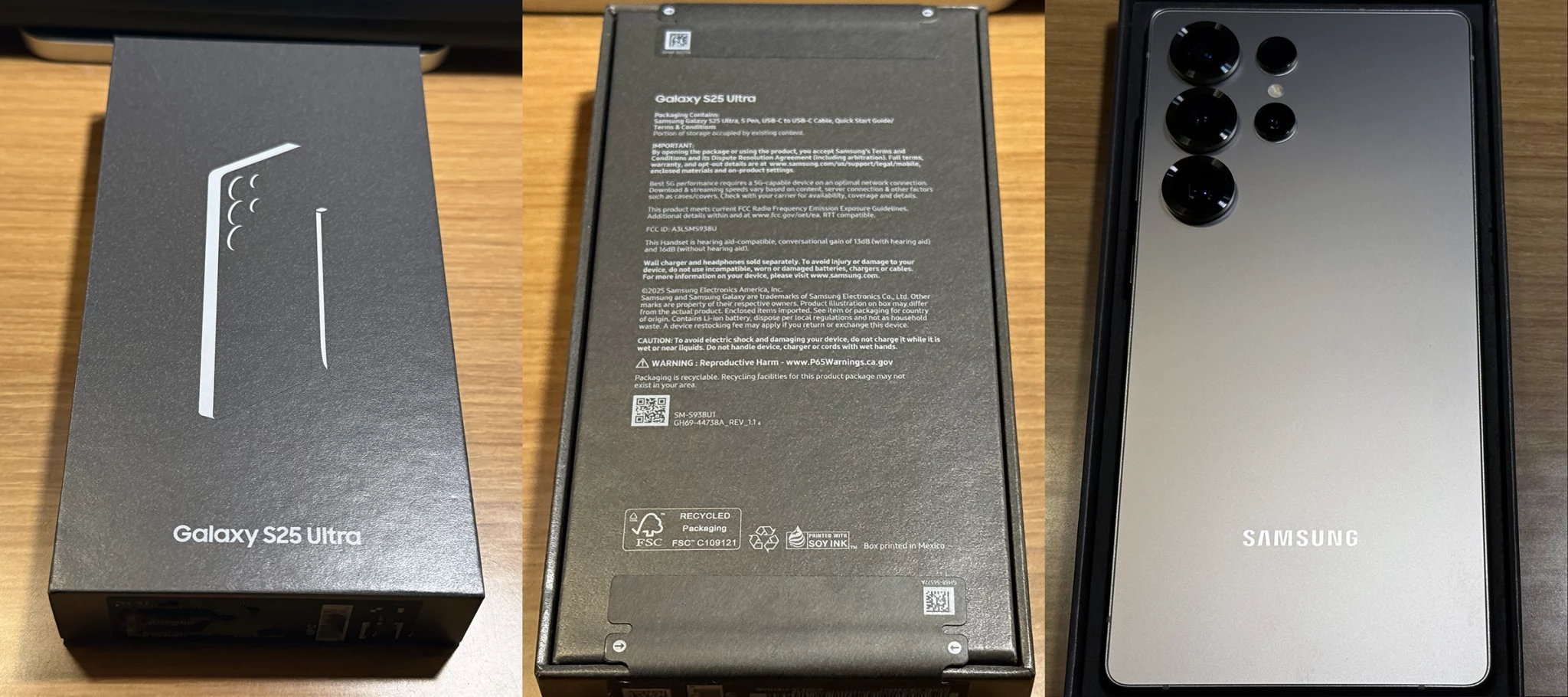Posted over at Ars Technica…
The article does a mostly good job going over the history of technology which leads up to how something like the iPhone came to be. However, it fails to cover Apple’s work with the Newton. Without the MessagePad, Palm wouldn’t have existed, Palm wouldn’t have existed if a bunch of former Apple engineers did not start that company. The same holds true for a number of other companies which dabbled in this area including General Magic.
The article also misses the point and focuses too much on Job’s exact words; that Android was a stolen product. It then focuses on the fact that the key technologies which make up the iPhone weren’t invented by Apple. Anyone with half-a-clue knows that much of modern day desktop and mobile computing technology were invented in research labs like Xerox PARC or Bell Labs. R&D is just one facet of the equation though. The other part is how do you bring this sort of technology to market in an economically viable way (to consumers).
The article goes on about Jeff Han and multitouch/gesturing. I remember those demonstrations well. There was also a small company called FingerWorks which was also doing work in this area (Apple would eventually acquire the company; part of that work bore fruit in Apple’s multitouch implementation). The problem again is that there is a difference in demonstrating the concepts, versus bringing a useful product to market. PARC had all the ingredients for a mouse based GUI computer in their labs, but didn’t really know how to bring such a product to market that was affordable. While Apple haters always like to bring up how Apple stole the idea from Xerox when making the Macintosh, they fail to acknowledge the actual history. And there is so much revisionist history in the technology world where normally sane, rational individuals, are blinded to it because of their personal dislike of a certain “fruit” company, where they cannot fathom the idea or notion of acknowledging some of the many benefits that has been brought about as a result.
If these precursors to the current day multitouch were so obvious, why wasn’t there some other company like say Microsoft or IBM, which had the resources (money and engineering talent) to bring that to the masses well before the iPhone? Apple during those timelines, was considered on the way to irrelevance. Even pre-iPhone during the growth of the iPod, no one imagined Apple being relevant again in the area of desktop or the growing mobile computing arena. Both Microsoft and IBM had far more industry influence and both companies as the article mentioned, performed R&D in this area. Microsoft’s Surface demo is well known to anyone who has followed tech. Yet neither could come up with a viable marketable product. The answer is it is also not about just throwing tons of resources at a problem. One has to be able to have some sort of vision and plan. The same will hold true for voice recognition. IBM has been working to crack that nut for decades now, but again, we’re only at the tip of that whole area of user experience when it comes to consumer products. Apple has shown a portion of its hand with Siri (again, based on technology that has long been in existence, but has for the part, remained niche products).
Apple’s strength is not just in the technology arena. The other aspect is melding it with the arts and humanities, coupled with industrial design. Pre-iPhone, most smartphones were non-touch. Those that were touch based were fairly crude in terms of implementation when compared to Apple’s Cocoa Touch. Or as the saying goes, the devil are in the details. And even when the iPhone was first unveiled in January 2007, the response to its completely touch UI was met with skepticism by the tech blogsphere. Microsoft’s Ballmer made his now infamous remarks about that product. The point is that Apple haters seem to have an extremely short and selective memory about what has taken place in the last 5 year. Apple’s intuition proved to be a hit with consumers and as a result, paved the way for the current tech world that exists. I highly doubt Android would work like how it does today without iOS showing the way. The same goes for Microsoft’s Metro UI in Windows 8. Anyone who has used WinCE understands how maddening that can be, but that is what the notion of touch could be like today if Apple hadn’t brought something like the iPhone to market.
Finally, any rational Apple user realizes that Apple did not invent all the technologies that are core to the iPhone and iPad. What Apple did manage to do was to distill some of it into something usable/understandable by anyone without an engineering background (and patenting those ideas), then packaging all of that into an extremely usable product while creating a value added ecosystem around it. The irony in all of this is that Apple haters including Fandroids, often paint Apple users as the blind, irrational, fanatical ones when in reality, they are no better.
Android itself may not be anymore stolen than any other piece of technology that exists out there if gauging it against prior art in the form of R&D or proof of concept demonstrations. But the devil is in the details with regards to implementation of features and bringing them into a marketable product.



